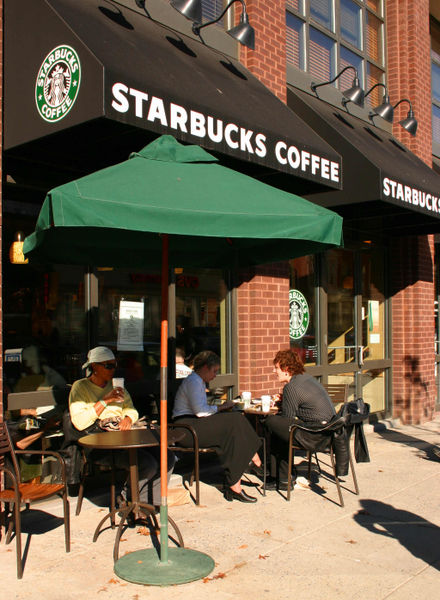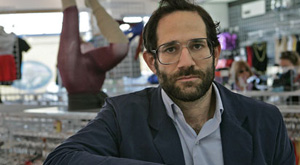Think of it as the Red Scare in reverse: Worrying whether the hipster at the cafe is secretly a communist is about to be replaced with worrying whether the hipster cafe is secretly a Starbucks. Yesterday, the chain revealed that it’s dropping its name from a location in Seattle’s trendy Capitol Hill neighborhood and replacing it with “15th Avenue Coffee and Tea.” That’s right, the people’s coffee provider is going underground.
At least two other local stores will follow suit, Kiera notes on the Riff, as the chain tests out marketing coffee with neighborhood-specific names rather than a slutty mermaid, who is getting blown towards the rocky shore of the recession by competition from the Golden Arches.
That Starbucks is making the name switch in Seattle’s Capitol Hill rather than a truck stop in Alabama is telling. It suggests that the chain may be most concerned with countering the hipster and anti-corporate backlash, which has kept the store out of trendy neighborhoods in some cities. San Francisco, for example, has blocked Starbucks and even American Apparel stores over concerns about neighborhood character.
The new stores will also sell alcohol, and Starbucks may want to draw a firm line between “wet” and “dry” outlets. Yet sometimes that line is already blurred. In 2004, I interviewed John Winter Smith, a man on Sisyphean mission to visit every Starbucks in the world, who told me that a store in Plano, Texas served him cocktails from a secret mini bar. “They had a couple of bottles in a back room and were mixing up stuff,” he said. Now that’s what I call neighborhood character.










